
10035

36 books

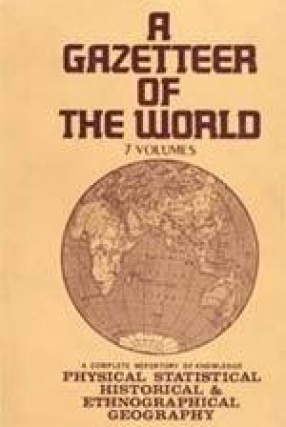
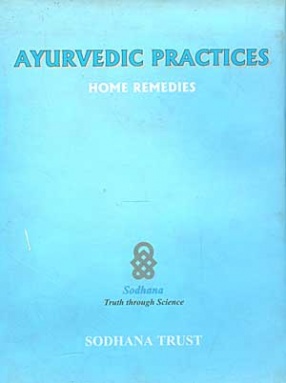
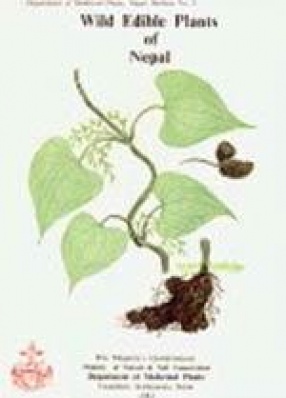

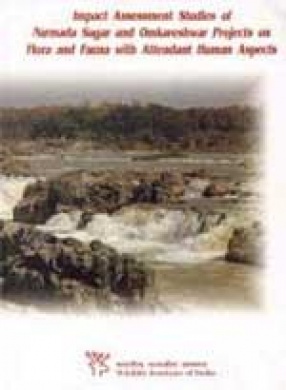
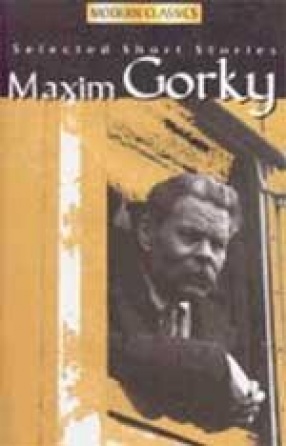
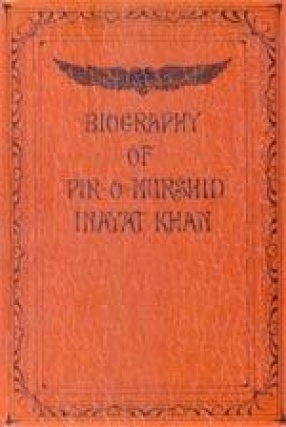
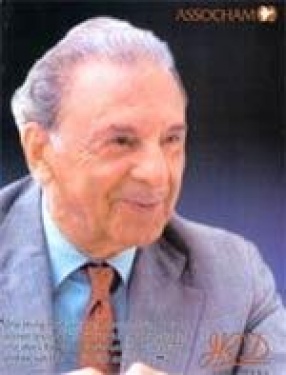
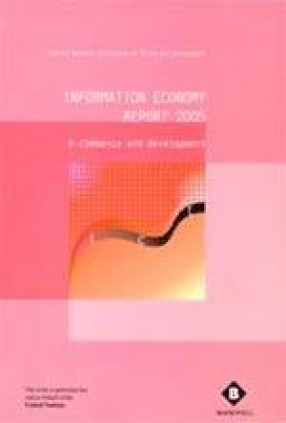

Microfinance or more specifically microcredit through self-help groups is one of the important instruments for bringing improvement in livelihood for the people who do not have any collateral to be eligible for formal credit. Its role in rural development has been studied in many developing countries and accepted by the scholars. Evidences are also present on how microfinance has empowered people, especially poor women in the society. But the spread of ...

This is a fresh edition of the classic The Gazetteer of the World, a unique comprehensive dictionary of geographical knowledge. As a book of reference with the alphabetical quick, easy-to-use system, it surpasses all the existing works of the genre. How many of us know, for instance, the Hissar is district and town in central Asia, hear Bokhara, a fortress in Turkey and of course a well-known district town in Haryana, in India? The Gazetteer records such little ...


This book has comprehensive information about Ayurvedic medicinal practices for various ailments, based on an extensive review of literature on home remedies. It contains information on managing around 180 ailments with the help of products from about 170 plants. More than 900 practices are catalogued for the listed ailments. The most important feature of this book is its focus towards hypotheses generation from the observed practices and a unique style of ...
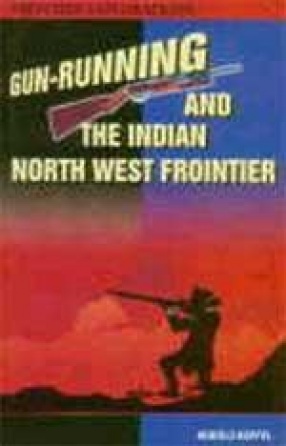
With the emergence of two rival European powers—Tsarist Russia and Britain in Asia, Afghanistan turned into the centre-piece of the ‘Great Game’ played by the two powers during the nineteenth century. Both the powers desired to extend their influence upto Afghanistan and beyond in Central Asia without in any way getting involved into any direct clash between each other. In the mean time, the supposed Franco-Persian threat to India and Afghanistan led the ...

Wild plants have been a source of foods and medicines from the dawn of human civilization. The improved and better varieties of fruits, vegetables, cereals and most of other plant products of today are the works of modern scientists by making use of technologies based on the ancient village folks' information on the wild plants. Therefore our ancestors and the villagers are the prime contributors to the development of modern science and technology which has ...

The snow leopard (Uncia uncia), the "Mountain Queen" is a legendary elusive mega-species across the widespread mountains of Central Asia for conserving the rich biodiversity. The snow leopard, a single species genus and an endangered cat at the apex of the food-chain, is considered an indicator of healthy mountain ecosystems. The snow leopard still remains a little studied animal throughout its range states. There is an urgent need of precise ...

The wealth of medicinal plants in Nepal may be considered as one of the important natural resources for the economy of this Himalayan kingdom. Nepal lies in the central sector of the great Himalayas and occupies one third of the total length. The diversity of the physiography due to the altitudinal and climatic variations has made it possible to lodge almost all types of climate, broadly-tropical, temperate and alpine in a small country covering merely an area of ...
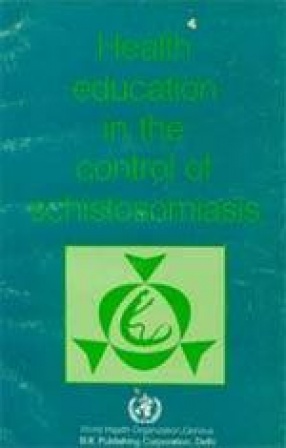
Schistosomiasis is one of the major parasitic diseases, affecting 200 illion people and posing a threat to health in more than 70 countries. Current efforts to control the disease are concentrated on diagnosis and treatment, improved water supply and sanitation facilities, and elimination of the freshwater snails that are the parasite’s intermediate host. This manual, which is intended principally for use by primary health workers, focuses on the ways in which ...
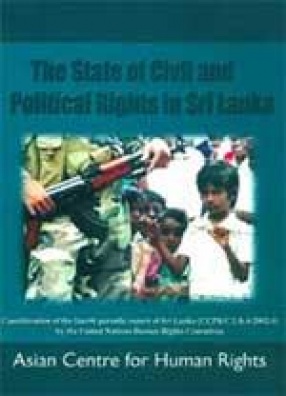
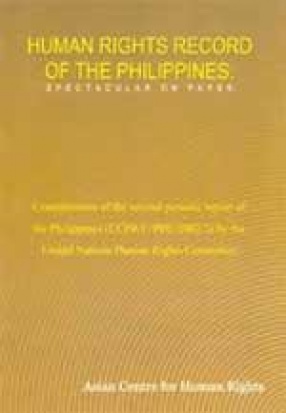


The great multitude of multipurpose and hydel projects envisaged in the Narmada basin add up to a gigantic engineering enterprise even on the global scale. This massive river valley project which contemplates the construction of 30 major, 135 medium and over 300 small dams, is the largest irrigation project that has ever been planned and implemented as a single unit anywhere in the world. The Narmada Sagar and Omkareshwar Projects on the river Narmada will ...

Maxim Gorky (1868-1936), Russian writer was born in poverty, he wandered the Volga region, educating and supporting himself, from the age of eight. My Childhood (1913), In the World (1916), and My Universities (1923) describe his early years. His first story appeared in 1892. In sketches and stories (1898) he wrote of the vigor and nobility of peasants, workers, and vagabonds. In 1902 The Lower Depths, the first and greatest of his 15 plays, was performed by the ...
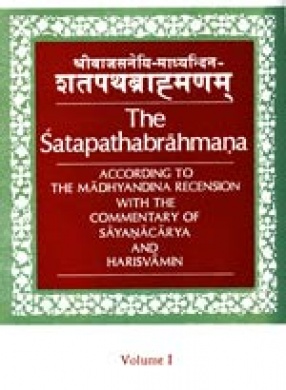
The Vedas, the concrete foundations of the colossal edifice of Hinduism, are comprised of two independent collections, traditionally known as Samhitas and Brahmanas, depositories of the early genres, of poetry and prose of the human beings. Samhitas contain mantras - poems in praise of the deities- in the forms of hymns; while Brahmanas contain prose treatises presenting theological interpretations of the Vedic rites and ceremonies through scholastic discussions ...
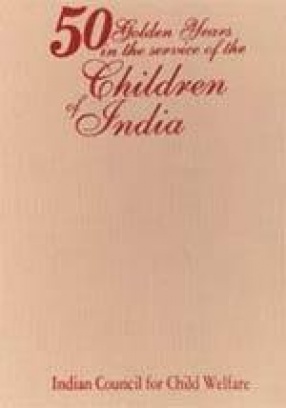
This book provides us a panoramic view of the organization from a historic meeting of a group of visionaries in Delhi in 1952 to an institution spread throughout India as a network of State Councils reaching out into the country as District Councils and Local Committees. This book also gives us an insight to various other changes in the half century in the growth and philosophy of the NGO sector in India-the relationship between government and the ...
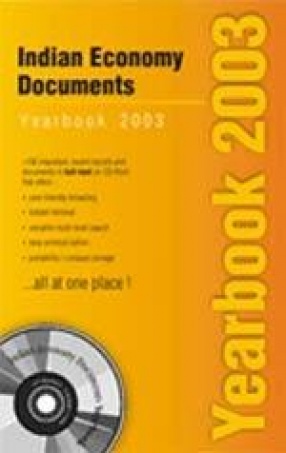

In this autobiography, Pir-o-Murshid Inayat Khan (1882 Baroda - 1927 New Delhi) describes his fascinating life. The book is divided in two parts the first part, called 'Biography,' covers his life from childhood to manhood (1882-1910), showing his character and interests, family circle and development into one of the most brilliant young musicians of his country. On a deeper lever, this period can be seen as a preparation for the great task awaiting him: the ...

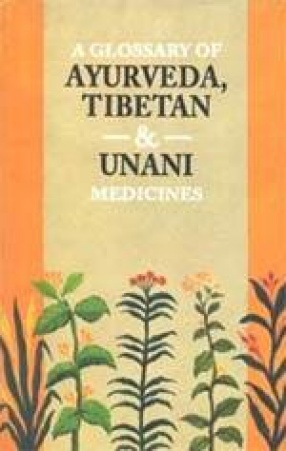
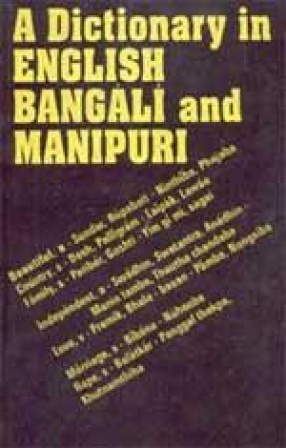

This Information Economy Report 2005 is being published by the United Nations Conference on Trade and Development to coincide with the second phase of the World Summit on the Information Society, at which the international community is expected to agree on further steps to realize the full potential of ICTs. The Report highlights the extent to which developing countries are striving to close the gap that separates the “information haves and have-notsâ€. It ...
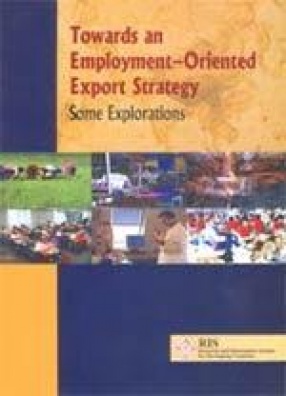
India currently faces a major challenge of employment generation for millions of its unskilled and semi-skilled unemployed workers. The employment in the organized sector has shrunk in the recent years despite acceleration in GDP growth. India needs a manufacturing revolution to complement the booming services sector to meet the challenge of employment creation. Some countries like China, Malaysia, Thailand, among others have built export-oriented manufacturing ...
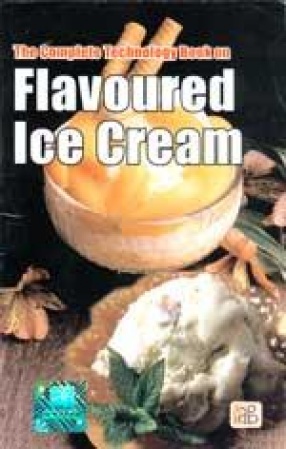
Ice Cream is a Favourite food of millions around the World. It is a frozen mixture of a combination of component of milk, sweetners, stabilizers, emulsifiers and flavours. Ice cream is a palatable, nutritious and relatively inexpensive food. No other food enjoys so much popularity and has as attractive a form and appeal as ice cream. It is comprehensive book which covers all the aspects of manufacturing of ice cream in various flavours. The book is meant for ...
